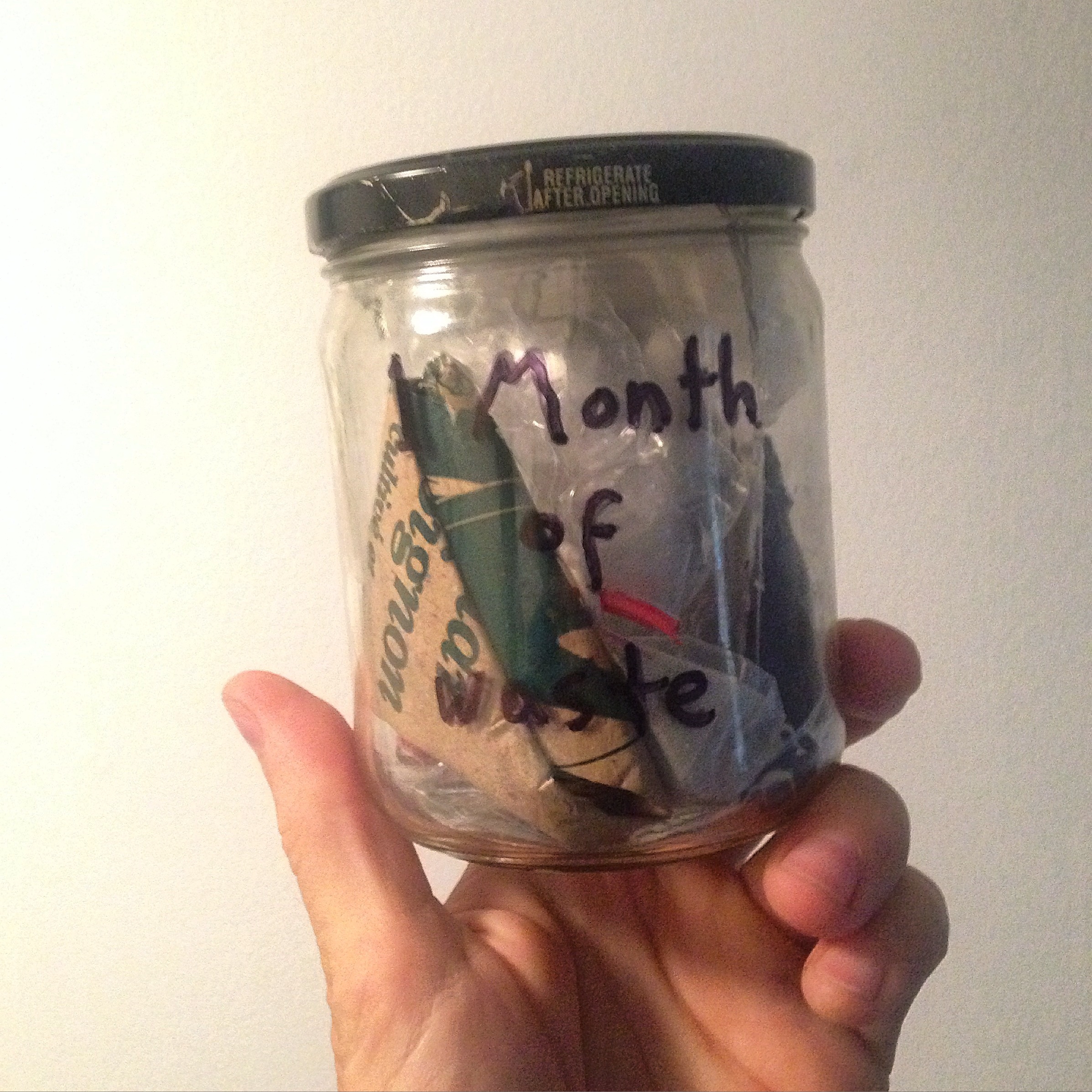There comes a time in everyone's life when they learn the word "Why?" It happened to all of us. Soon enough this magical word appears in our vocabulary and we decide to use it as much as possible. "Eat up all your vegetables"
"Why?"
"Because it's important to eat them to stay healthy"
"Why?"
"Because they have lots of nutrients in them which are good for us"
"Why?"
Sigh....
As an adult it is a chance to educate any inquisitive youngster on the ways of the world but after about the 4th round you've usually thrown in the towel. It's amazing that at a young age we wanted to question everything. Anything we were told had to have a logical answer. If it didn't we couldn't comprehend why we had to do to it. Makes perfect sense.
Recently I realised that I had stopped using "Why" as much as I used to....Why?
I stopped questioning things as much, I stopped asking why at the things society expected of me. When people responded with "that's what people do" I shrugged and got on with it. No self respecting five year old would let you get away with that as an answer so why did I, what happened to that curious young child?
Recently however that why has come back with a vengeance.
Since learning about Permaculture my mindset has changed and why is now everywhere I go trying to muscle its way onto the scene. Why do I eat food that is sprayed with chemicals? Why do I spend my money on large, faceless corporations over local, independent organisations? Why do I buy things that are wrapped in plastic?
It's a powerful word. When you start to ask why at every small task you complete, no matter how mundane, you see things in a different light. In fact, why, is responsible for the majority of the world's greatest inventions or breakthroughs. Isaac Newton, asked why does an apple fall from a tree towards the ground? Charles Darwin, asked why do species on one island differ to those on another nearby island? Why also highlights where society's expectations of you are guiding your decisions rather than things that you really believe in.
Thing about why is it's a sneaky little bastard. It's very easy to ask the question but it can be much harder to answer it truthfully. Excuses can disguise themselves as honesty. "I'm working five days a week because I need the money" or "I buy things in plastic because there's no other option". I've used these many a time. The truth for me was that I actually could survive working 4 days a week and reducing my plastic consumption has been far easier than I thought it would be.
I haven't got it all figured out, I'm at the beginning of this journey not the end. If you never step foot out the door you'll never reach the top of the mountain. You don't need to act on the answers but just simply start asking why a little more often and see where it leads you.

















